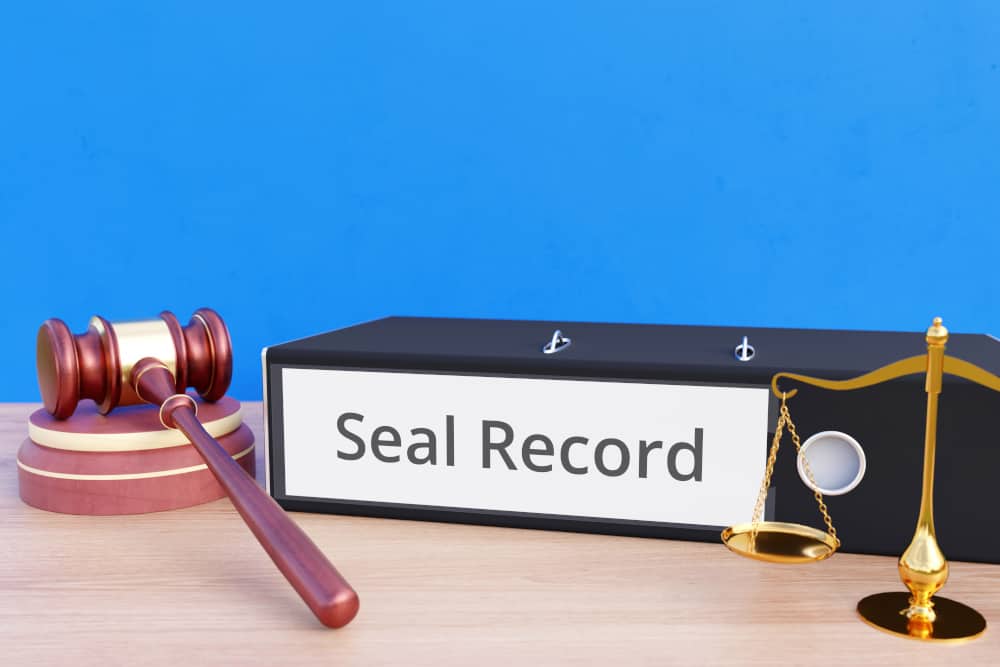Arizona has made major changes in recent years regarding how criminal records can be sealed from public view. If you’ve ever been arrested or convicted of a crime in Arizona—even if the charges were later dismissed—you may now be eligible to have those records sealed.
Thanks to new legislation and expanded eligibility, more people than ever before can seek a second chance without their past mistakes following them around. Here’s what you need to know about record sealing in Arizona as of 2025.
What Is Record Sealing?
Record sealing prevents the public from accessing your criminal case records—including background check companies, landlords, employers, and licensing agencies. While law enforcement and the courts retain access, a sealed record generally won’t appear in background checks used for housing or employment.
Under Arizona law, once a record is sealed:
- You can legally state you were never arrested or charged in most situations.
- The record is removed from public databases.
- Access is limited to select agencies, such as law enforcement.
This is different from a “set aside,” which was Arizona’s only option before 2023 and didn’t remove records from public view.
Arizona’s Record Sealing Law: A.R.S. § 13-911
On January 1, 2023, Arizona’s record sealing statute, A.R.S. § 13‑911, went into effect. This law allows eligible individuals to petition the court to seal their criminal records—including arrests, charges, and convictions.
Who Is Eligible?
You may qualify to have your record sealed if:
- You were arrested but never charged.
- Your case was dismissed or resulted in a not guilty verdict.
- You completed all terms of your sentence, including probation and fines.
However, certain offenses are excluded, including:
- Class 2 felonies involving violence
- Dangerous crimes against children
- Sex offenses
- Offenses involving deadly weapons
Required Waiting Periods for Record Sealing in Arizona
Eligibility depends on the time that has passed since completing your sentence (or since the case was resolved, if there was no conviction):
|
Offense Level |
Waiting Period After Sentence Completion |
|
Class 2 or 3 felony |
10 years |
|
Class 4, 5, or 6 felony |
5 years |
|
Class 1 misdemeanor |
3 years |
|
Lower-level misdemeanors |
2 years |
|
Arrest with no charges |
No wait time once case is closed |
If your petition is denied, you must wait 3 years to reapply.
2024 Update: SB 1639 “Bill of Hope”
In September 2024, Arizona passed SB 1639, streamlining the record sealing process:
- You no longer have to wait for all offenses to reach eligibility; each record can be sealed independently once its timeline is met.
- The law clarified timelines for multiple felonies, preventing extended delays.
- Sealed records now weigh in your favor when applying for a Fingerprint Clearance Card.
This bill makes it faster and more accessible for people with multiple eligible offenses to begin the sealing process.
2025 and Beyond: Toward Expungement?
Arizona currently offers record sealing, not true expungement. However, lawmakers have introduced legislation—such as HB 2658 and SB 1168—that would go further by allowing courts to:
- Vacate convictions
- Fully expunge some misdemeanor records
- Restrict access even more than under current sealing laws
If passed, these changes are expected to take effect in late 2025 and early 2026.
How to Seal Your Record in Arizona
To begin the process:
- Obtain a criminal history report from the Arizona Department of Public Safety.
- File a petition in the court where the case originated.
- Notify the prosecutor and, if applicable, any victims.
- Attend a hearing if one is scheduled.
The court will review your eligibility and determine whether sealing is appropriate based on your circumstances.
Get Help from a Criminal Defense Attorney
Navigating Arizona’s record sealing process can be complicated, especially if you have multiple cases or older records. An experienced attorney can help:
- Determine your eligibility
- Prepare and file your petition
- Represent you in court if a hearing is required
At Damianakos Law Firm, we help people throughout Arizona understand and exercise their legal rights—especially when it comes to clearing their name and moving forward.
If you’re ready to find out if you qualify for record sealing, contact our office today at 520-222-8270 or use our online contact form.





